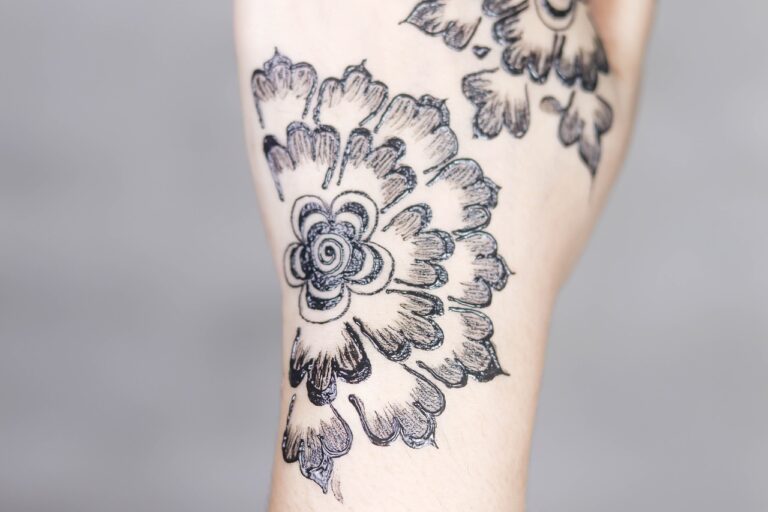Fashion and Social Responsibility: Brands Making a Difference
As consumer demand for eco-conscious options continues to grow, several brands have stepped up to lead the way in sustainable fashion. These industry leaders prioritize environmentally friendly practices throughout their supply chains, from sourcing materials to manufacturing processes. By embracing sustainable initiatives, these brands are setting a positive example for the fashion industry and inspiring others to follow suit.
Through their commitment to sustainability, these brands are not only reducing their carbon footprint but also promoting ethical values and social responsibility. By incorporating recycled materials, implementing fair labor practices, and supporting local communities, these brands are making a tangible impact on the environment and society. Their dedication to sustainability serves as a reminder that fashion can be both stylish and sustainable, creating a brighter future for the industry and the planet.
The importance of ethical sourcing in the fashion industry
Ethical sourcing in the fashion industry has become a key focus for consumers and brands alike. With increasing awareness about the environmental and social impacts of fashion production, there is a growing demand for transparency and accountability in the supply chain. Companies that prioritize ethical sourcing not only reduce their negative impact on the planet and people but also build trust with their customers.
By choosing to work with suppliers who adhere to fair labor practices and environmental regulations, fashion brands can play a significant role in driving positive change. Ethical sourcing not only safeguards the rights and well-being of workers but also contributes to the development of sustainable communities. When brands commit to ethical sourcing, they are not only promoting a more responsible industry but also setting a standard for others to follow.
• Ethical sourcing in the fashion industry is crucial for reducing negative impacts on the environment and people.
• Companies that prioritize ethical sourcing build trust with their customers by promoting transparency and accountability in the supply chain.
• Working with suppliers who adhere to fair labor practices and environmental regulations helps drive positive change in the industry.
• Ethical sourcing safeguards the rights and well-being of workers while contributing to sustainable community development.
• Brands that commit to ethical sourcing set a standard for others to follow, promoting a more responsible industry overall.
How fair labor practices impact communities
Fair labor practices play a crucial role in shaping the dynamics of communities worldwide. When workers are treated fairly and ethically in the fashion industry, it creates a ripple effect that extends beyond the workplace. Employees who are paid a fair wage and work in safe conditions are more likely to invest in their local communities, contributing to economic growth and stability.
Moreover, fair labor practices have the power to uplift marginalized communities and break the cycle of poverty. By providing opportunities for employment with fair wages and reasonable working hours, fashion brands can empower individuals to improve their quality of life and the overall well-being of their communities. This not only enhances the social fabric of these areas but also fosters a sense of pride and empowerment among the local residents.
What are fair labor practices in the fashion industry?
Fair labor practices in the fashion industry refer to ethical sourcing, safe working conditions, fair wages, and respect for workers’ rights throughout the supply chain.
How do fair labor practices impact communities?
Fair labor practices can have a positive impact on communities by creating job opportunities, improving working conditions, empowering workers, and promoting economic development.
Why is ethical sourcing important in the fashion industry?
Ethical sourcing is important in the fashion industry to ensure that workers are treated fairly, minimize environmental impact, and uphold social responsibility standards.
Which brands are leading the way in sustainable fashion?
Brands like Patagonia, Eileen Fisher, and Stella McCartney are known for their commitment to sustainable and ethical practices in the fashion industry.
How can consumers support fair labor practices in the fashion industry?
Consumers can support fair labor practices in the fashion industry by choosing to buy from brands that prioritize ethical sourcing, transparency, and sustainability in their supply chains.







